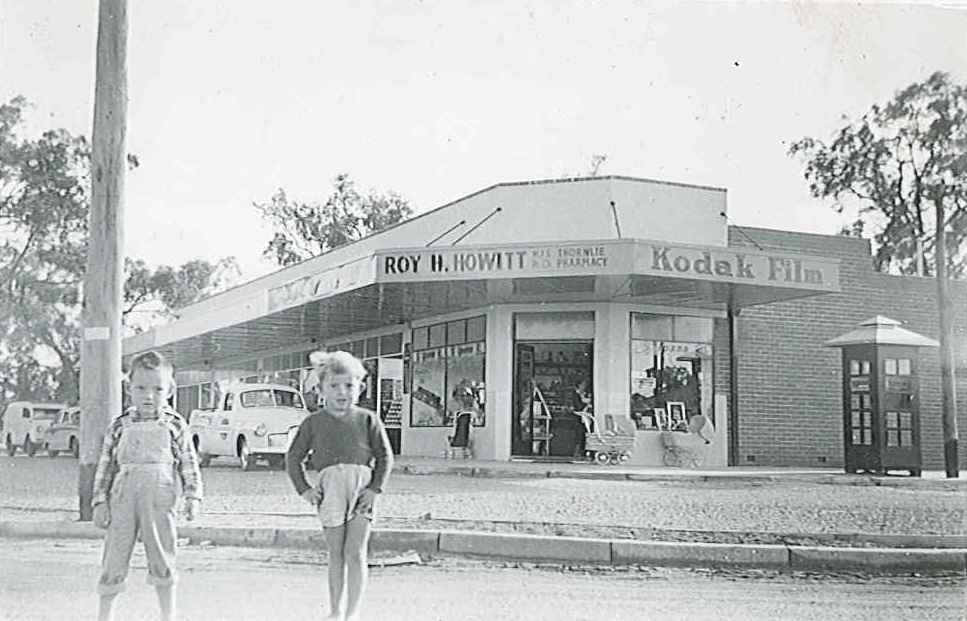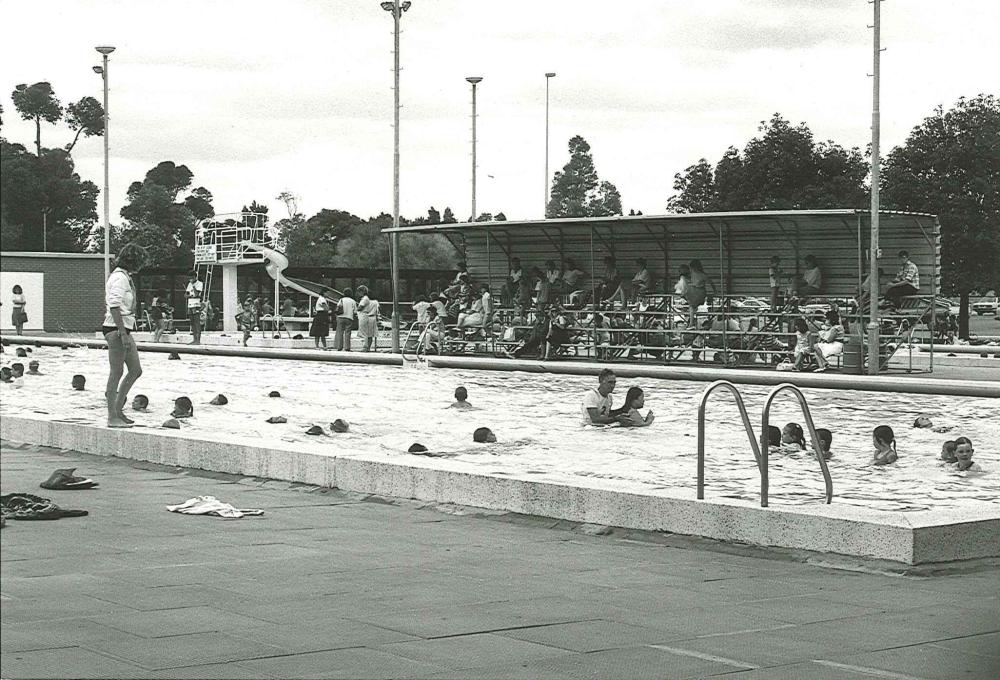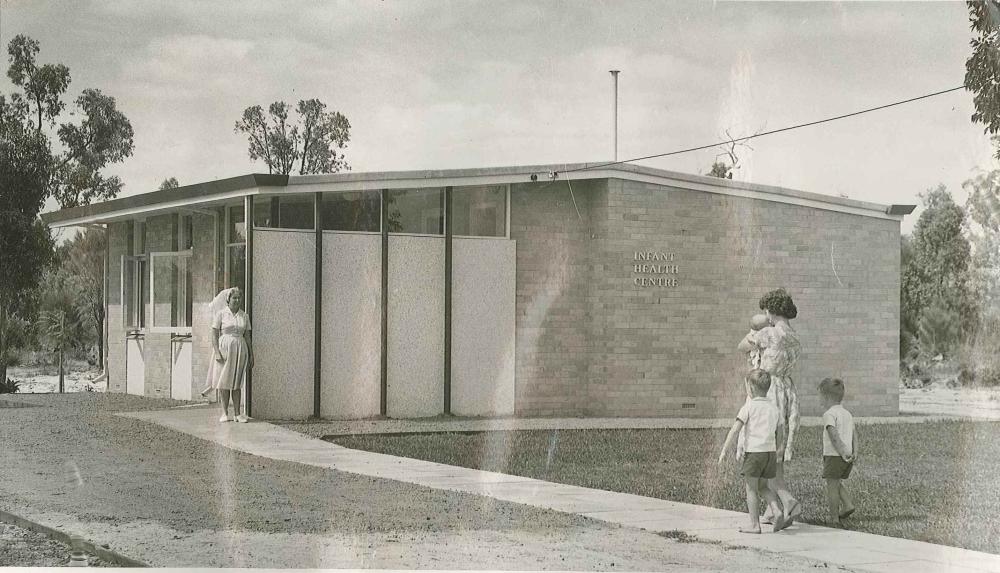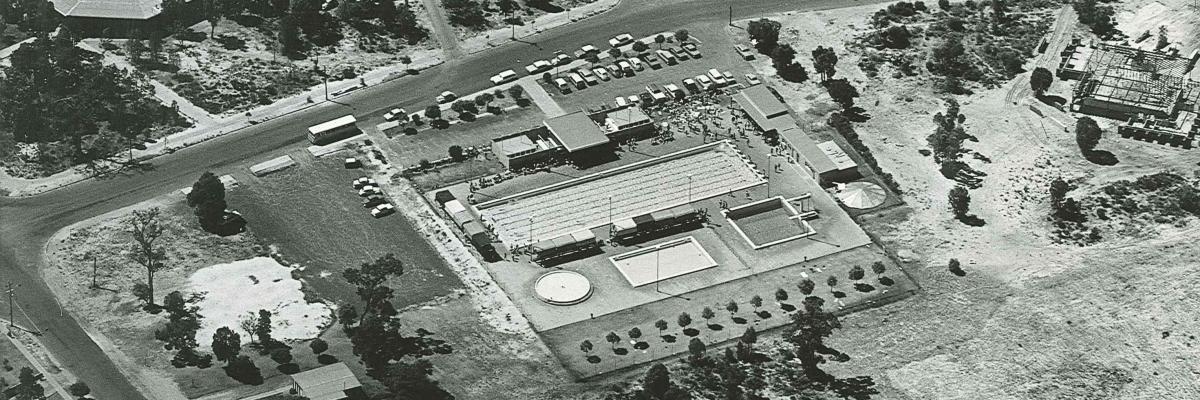Stories from the Thornlie Community
The Thornlie Living History Collection tells the story of the development of Thornlie from the mid 1950s. The collection includes oral history interviews and written memories of current and former residents, house plans, photos, documents, and newspaper articles.
The subdivision of Thornlie was the beginning of suburban development in the City of Gosnells. Many people who moved to Thornlie were first homebuyers taking advantage of the new concept of the 'house and land package' which was available through the General Agency Company. Others migrated to Australia from Europe and established themselves and their families in the new community.
In the early years, living in Thornlie was isolating as there were few daily buses into Perth. Because of this, the need for a car to travel to and from Thornlie became important. By 1958, a bus service provided by Metro Buses included Thornlie on the Armadale to Perth route.
Yes...we were a very close knit community. And when people asked you where you lived and you said Thornlie they said where's that, they just didn't know. We were sort of in the sticks
June Howitt
As there were no local shops to begin with, groceries were bought in neighbouring suburbs and later were delivered door to door. Once the Fremantle Road bridge was built in 1959, access to Gosnells was much easier for people living in Thornlie.

The development of groups such as the Thornlie Sports Council (1958) began soon after people moved to Thornlie. Local facilities for tennis, cricket, baseball and darts were established around this time. Through the 1960s other clubs such as junior and senior football and golf were set up. Golf was played on the nine hole Spencer Park course which was located on Spencer Road, now a shopping area. In 1967 Thornlie's Olympic sized swimming pool was officially opened by then Premier David Brand.

The development of other facilities such as the Infant Health Centre and groups such as Brownies are also recorded, as are the efforts by many residents who worked hard to establish these.
The first hundred people or so in Thornlie formed a Progress Association, and we used to have regular dances (and) social nights...we would have cake stalls and fetes and we collected enough money for the first playground equipment at the end of Range View Way in the park. All that was done by the Progress Association and then they gradually went on to do the infant health clinic, and all the other things that came after.
Nelly Maarssen

For the early residents, the suburb grew alongside their families with the establishment of the Thornlie primary and high schools to cater for the local population.
Our girls were in the first group of students who went to school (at Thornlie Primary School)...I think (they managed) initially to build two classrooms and then each year, subsequently they added one.
Alan & Audrey Drakeford
The information in the collection supplements the existing content in the City's Community History Collection located at the Gosnells Library. The collection includes information about the earliest European landowners in the area and the establishment of the estate on which Thornlie Homestead was located. This land was later subdivided to become the suburb of Thornlie.
The City recognises and thanks the members of the Thornlie Living History Group: Dr Gil McDonald, Mrs Patricia Morris AM JP, Mr Doug Corker, Mrs Pam Davies and Mrs Christine McDonald who have collected the memories of early residents, members of various clubs and liaised with the local schools to ensure the history of Thornlie will be retained for the future.
Items are available through the library catalogue, at the Thornlie Library and in the Community History Collection at the Gosnells Library.
For more information, or if you have any information you would like to add to the collection, please contact the Heritage Coordinator on 9391 6011 or email heritage_queries@gosnells.wa.gov.au.
